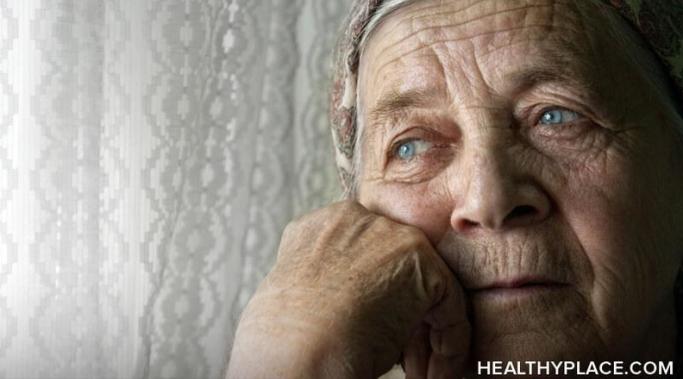Usually, and with any luck, life moves smoothly. When you have a mental illness, the road is probably a little bumpier than you would like, but certain things remain the same. The time you wake-up and the time you fall asleep. The food you like to eat and the food you avoid. The people in your life who mean the most. The music you like and the hobbies you have. It is these things, little things, that make life easier, enjoyable.
Life Does Not Always Remain Comfortable
Seasonal Affective Disorder
Depression. I hate the word. Also, not in my repertoire of lovely words: consistent low mood. melancholy, apathetic, stuck, frightened, darkness, sadness. Lovely words, perhaps a thesaurus would give me two hundred more. But that is not the topic of this blog.
Defining Depression
Your psychiatrist can define depression, but in a clinical way. The language used cannot describe how a depressed person feels. Instead, person must exhibit specific symptoms: change in sleep patters, appetite, a lack of interest in previously enjoyed activities, isolation, sadness. When I tell my psychiatrist I am depressed she asks me how I feel. Often, if you are experiencing depression, it is hard to articulate your feelings. Sometimes, I tell her I do not know how I feel. I feel sad. I don't think I felt this way a couple months ago. But it's confusing. Working to compare how you felt before you started to feel down.
Mental illness is an isolating and lonely disease. This is not to say that everyone diagnosed with a mental illness feels alone in their struggle, but many of us do, most of us do at some point in our recovery. Because I was diagnosed with bipolar disorder at the age of twelve, I have often felt lonely and as if very few people could really understand me. And now, twelve years later, I still struggle with a feeling that I am alone in my illness, that despite a concerted effort on the behalf of those who love me, they cannot really understand the struggle. These thoughts, these feelings, are normal in connection to mental illness, because by nature, mental illness is a lonely and isolating disease.
In late September, the clouds replace the sunshine and summer becomes fall. The dates differ depending on where you live, but the impact on those who struggle with seasonal affective disorder (SAD), aka seasonal depression, are often felt before the date determines it.
The word recovery is often socially defined as the achievement of health after a period of illness. Recovery is thought to be consistent and often connected to a physical illness. Recovery, when connected to a chronic mental illness, is different; the word itself holds more weight. The process from sickness to health is not absolute in nature. It is transient, and can change with the seasons or be triggered by life events.




